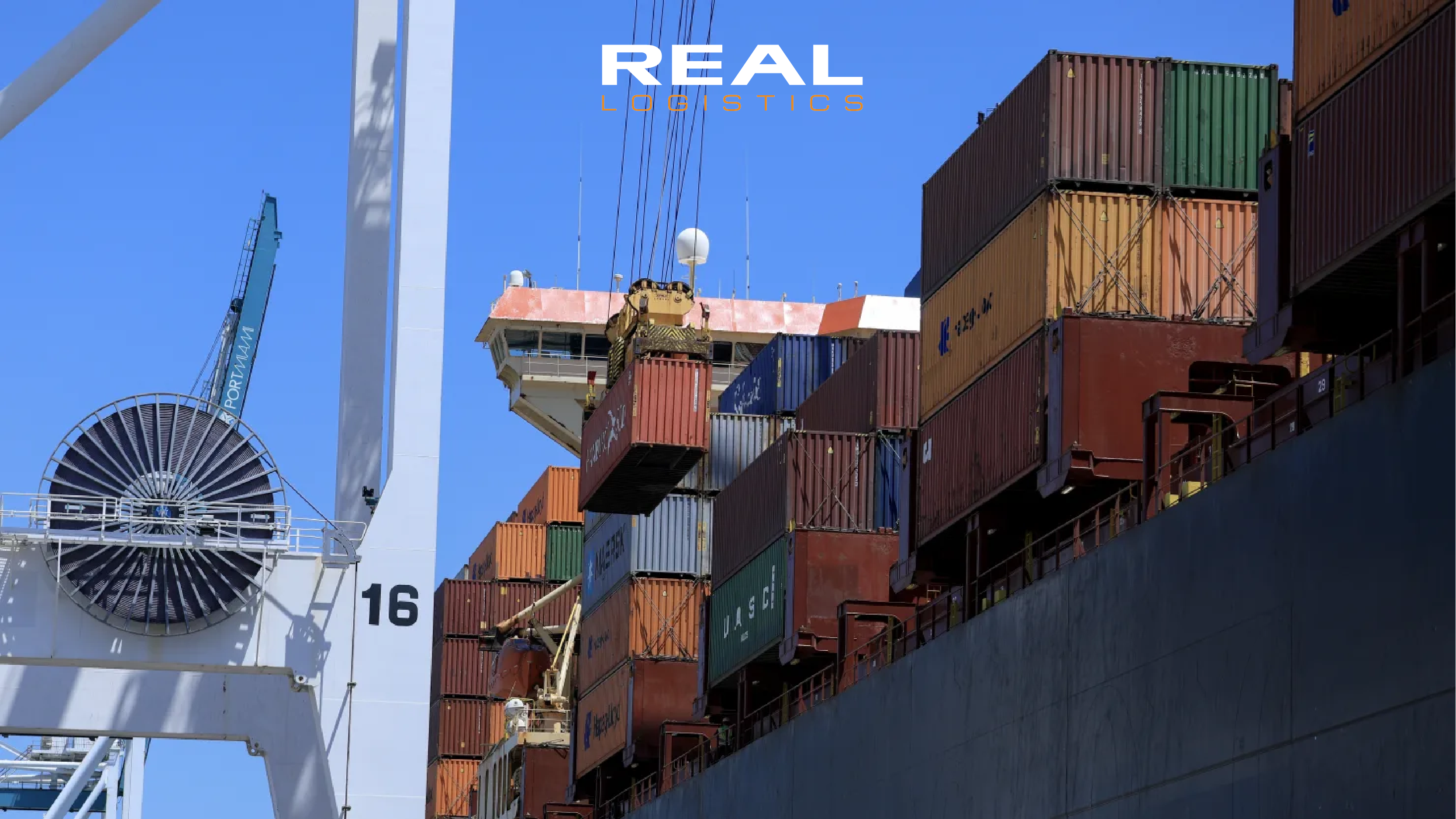President Trump Signed An Executive Order Officially Revoking The De Minimis Rule
.webp) Previously, the de minimis rule allowed shipments of goods imported into the United States valued at less than $800 (equivalent to VND 18,000,000) to be exempt from import duties and without having to go through complicated formal customs procedures. This regulation was created to simplify the process for small and personal transactions, promoting cross-border trade.
Previously, the de minimis rule allowed shipments of goods imported into the United States valued at less than $800 (equivalent to VND 18,000,000) to be exempt from import duties and without having to go through complicated formal customs procedures. This regulation was created to simplify the process for small and personal transactions, promoting cross-border trade.
1. Why Was the De Minimis Rule Abolished?
On July 30, 2025, President Donald J. Trump signed an executive order officially abolishing the de minimis rule. This ends the duty-free privilege for imported shipments valued under $800 from all countries, with the new policy taking effect on August 29, 2025. Previously, in May 2025, China and Hong Kong were the first markets to be excluded from this exemption.
The primary reason for this change stems from the U.S. administration's assertion that the de minimis rule has been severely abused, turning it into a "black box" for non-transparent shipments. Key reasons include:
- Abuse for Tax Evasion and Fraud: Numerous low-value shipments were found to be exploiting the rule to evade duties and smuggle counterfeit goods, substandard products, and dangerous substances like opioids.
- System Overload: U.S. customs was forced to process an estimated 1.3 - 1.4 billion de minimis packages annually (roughly 4 million parcels per day), far exceeding its capacity to control fraud effectively.
- Alarming Statistics: According to U.S. Customs and Border Protection (CBP), in 2024, 90% of all seized goods and 98% of drug-related seizures originated from
de minimisshipments. - Political Motivation: The Trump administration views trade deficits as a national emergency, prompting immediate action rather than waiting for a longer policy timeframe.
.webp)
2. Far-Reaching Impacts on Logistics and Businesses
The abolition of the de minimis rule will have significant and widespread impacts, reshaping global supply chains, especially in the e-commerce sector:
Increased Costs and Procedural Complexity:
- Small retailers, dropshippers, and D2C (direct-to-consumer) businesses will be heavily affected. The full import duties and complex customs procedures will significantly reduce their profit margins and competitiveness.
- The vast number of small shipments that were previously duty-free now require detailed customs declarations, raising the risk of clearance delays and increasing overall operational costs.
Changes in Shipping and Logistics:
- Private carriers like FedEx, UPS, and DHL will now be responsible for collecting and remitting duties on behalf of senders.
- Shipments via the international postal service (USPS) have a temporary exception for the first six months, facing a flat fee of $80-$200 per item (depending on the country's IEEPA tariff rate) before transitioning to an ad valorem (percentage-based) tariff system in early 2026.
Major E-commerce Platforms Suffer: Giants like Temu and Shein, which heavily relied on the de minimis rule for their low-price strategies, are estimated to see their revenue drop by up to 50% after losing this privilege.
Opportunities for Domestic U.S. Logistics: In contrast, domestic U.S. logistics companies stand to benefit. As the cost of shipping individual parcels from abroad increases, models relying on bulk imports and domestic distribution from U.S. warehouses (3PL) will become more attractive, helping these companies expand their market share.
New Data Compliance Requirements: The need for detailed declarations, including Harmonized System (HS) codes and Stock Keeping Unit (SKU) data, for every single shipment becomes mandatory, adding to the operational burden for retailers and suppliers.

3. Strategy and Practical Advice
In light of this major policy shift, businesses must proactively adjust their strategies to maintain competitiveness and ensure compliance. Real Logistics is ready to assist you with the following solutions:
Prioritize Compliance: Establish internal procedures for customs declaration for every order, no matter how small. Ensure you have accurate product information and HS codes to comply with CBP regulations and avoid delays.
Optimize Inventory Strategy: Prioritize using a U.S. domestic warehousing model (3PL). Instead of shipping individual parcels from overseas, consider importing goods in bulk (FCL/LCL) and distributing them from a local warehouse. This optimizes overall shipping costs and simplifies customs procedures for each individual order.
Consult and Control Costs: Real Logistics offers compliance audits and "landed cost" reports (total cost of a product delivered to the customer, including all duties and fees). This helps clients understand all incurred costs and make informed business decisions.
Diversify Supply Chains: For e-commerce businesses, consider sourcing and shipping from Vietnam or other ASEAN countries. Goods from these markets may be eligible for preferential treatment under Free Trade Agreements (FTAs) with the U.S., helping to mitigate tax burdens and increase competitiveness.
The abolition of the de minimis rule is a significant turning point, demanding that businesses become more agile and proactive in their supply chain management. Real Logistics is committed to partnering with our clients, providing timely information and professional solutions to navigate this challenge and transform change into an opportunity for sustainable growth.
—————————————
Real Logistics Co.,Ltd
👉 Facebook: Real Logistics Co.,Ltd
☎️ Hotline: 028.3636.3888 | 0936.386.352
📩 Email: info@reallogistics.vn | han@reallogistics.vn
🏡 Address: 39 - 41, B4 Street, An Khanh Ward, Ho Chi Minh
G2 Floor, No. 51, Quan Nhan Street, Thanh Xuan Ward, Hanoi

